Trigger warning: This post discusses the issue and troubling history of residential schools in North America.
Over the last few weeks, you may have heard of several deeply upsetting discoveries on the grounds of several former residential schools. These were government-run schools where Indigenous children were forcibly taken from their families in an effort to remove their traditions and culture from their communities. Though the majority of the discoveries so far have been in Canada, one has been in the United States, and there are hundreds of schools yet to be searched.
The emotions that come with such revelations are intense and powerful. And they can be overwhelming and even leave us feeling helpless. One way to address these emotions—during National Indigenous History Month and all year round—is with learning and reflection.
Starting a quest of learning
To help us do this, we're including some links to stories and books that discuss the legacy of residential schools, as well as other parts of Indigenous history, culture, and issues.
If you enjoy picture books, IBBY (International Board on Books for Young People) has a tremendous collection of Indigenous picture books here.
For a wider variety of books—including ones for all age groups and in all genres—go to Goodminds.com. In particular, here is a link to their residential schools section.
Another excellent publisher is 4Canoes. You can find their Indigenous books and magazines here.
We have also done a number of stories here on OWLconnected that can help bring context to current issues. Here are just a few.
- An interview with author Ziigwen Mixemong discussing her 4Canoes book, Gifts For Dawlis
- An interview with Mskwaankwad Menoomnii, who runs a course on learning the Ojibwe language
- A post looking at a mural in Selkirk, Manitoba about the legacy of residential schools
- A post about the similarities between systemic racism faced by Indigenous, Black, and other racialized people in Canada
- A post looking at reasons behind Indigenous protests during the 150th anniversay of Canada in 2017
We hope that you find these resources helpful. It's just the beginning of a lifelong journey.
OWLconnected will be taking a break from posting until July 5. We'll see you next week!
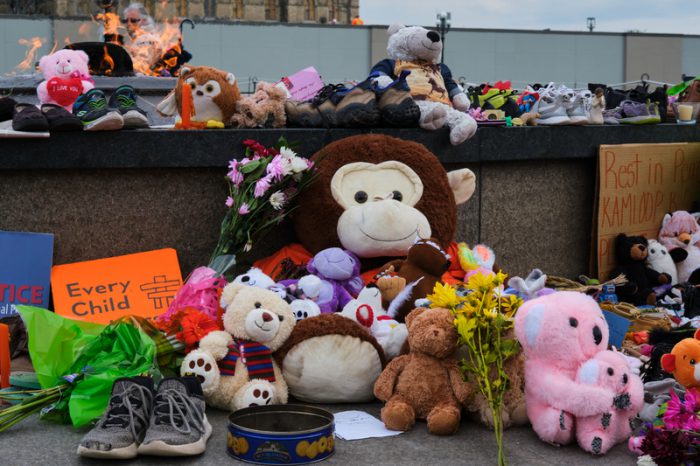 A memorial in Ottawa left in honour of lives lost at residential school. (ID 220255074 © Meanderingemu | Dreamstime.com)
A memorial in Ottawa left in honour of lives lost at residential school. (ID 220255074 © Meanderingemu | Dreamstime.com)
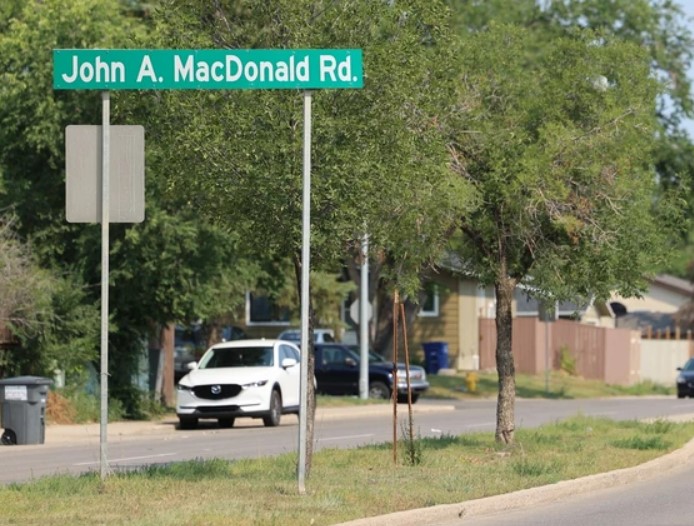
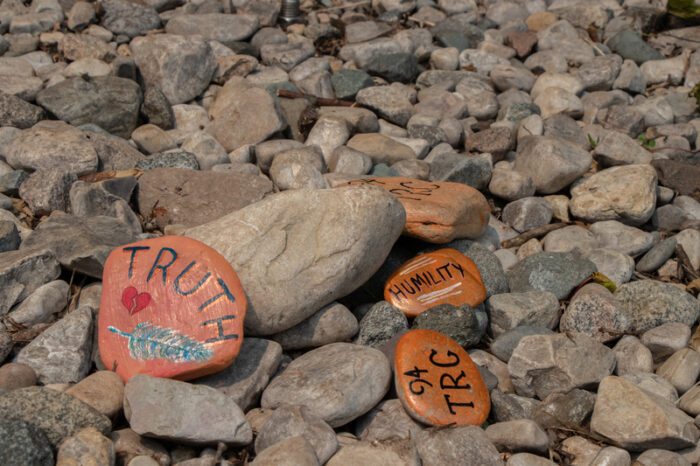
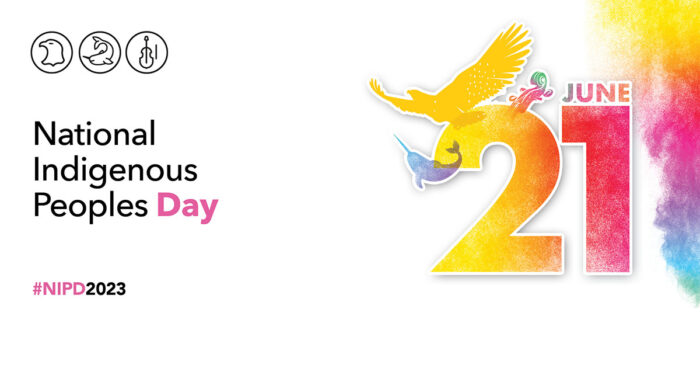
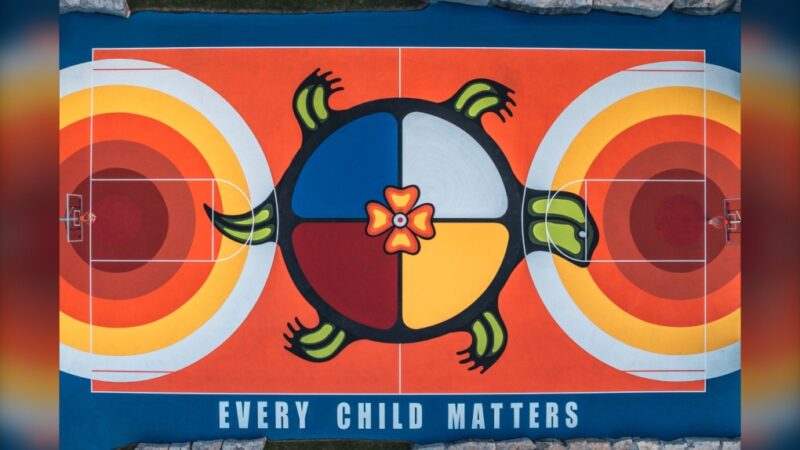
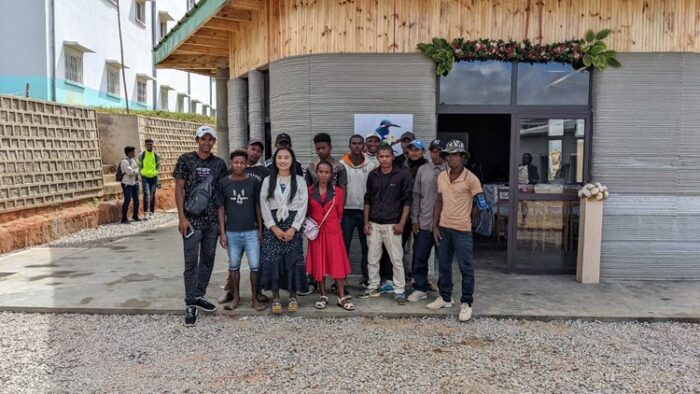


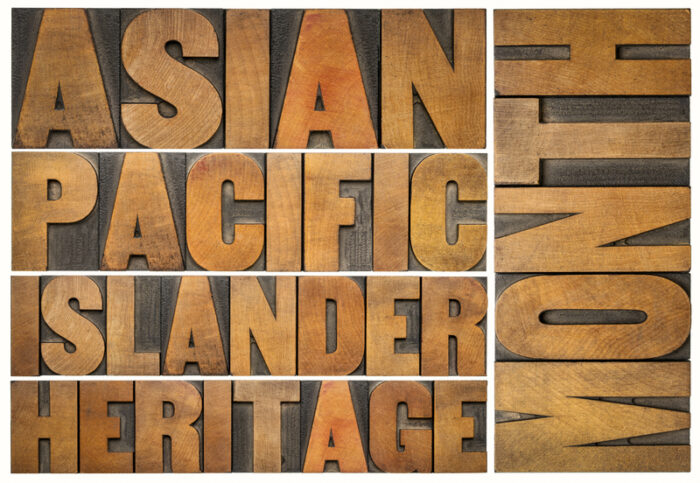


Respecting indigenous culture is really important. People think indigenous is only a part of the past, but it’s also part of the future along with present. If you don’t do something about the problem, you’re part of the problem. 😀
I agree.